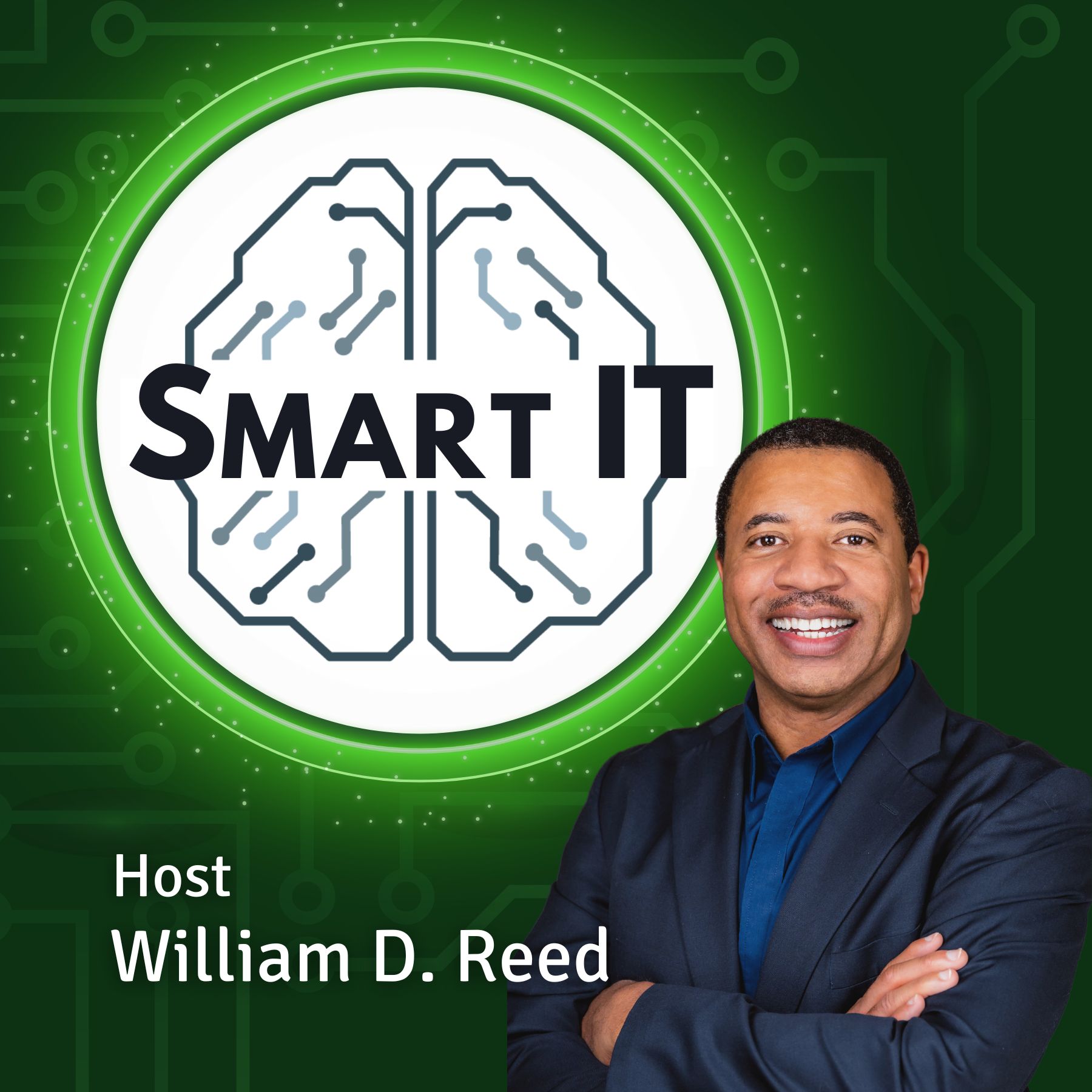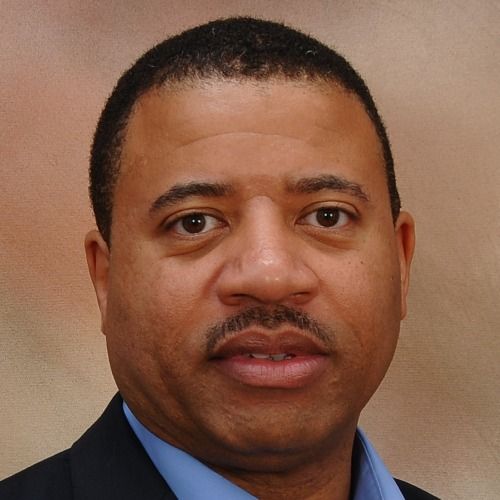Episode 5
The Opportunity to Intentionally Design our Everyday Conversations
On this episode of The Smart IT Podcast, I welcomed Daniel Stillman, Founding Conversation Designer @ The Conversation Factory, to the show to have a chat about conversations.
Conversations are that fundamental thing all of us do every day. For IT and what it must do to deliver for its organizations, being heard and understood is especially important. His vantage point as a designer of communication was invaluable to provide insights into the everyday challenges that workers have in getting their intended messages across to each other. Considering the criticality of increased collaboration to get things done, this is a problem that needs a fresh approach to address. We discussed several insightful areas, including:
- Daniels origin story of getting into this field. The wonders of even the concept of designing a conversation, from his start with interaction design with machines, experience designer, and designing services.
- Every conversation has a purpose. The cost of bad conversation can lead to bad meetings. There is a financial cost to business of “crappy” meetings.
- All conversations are designed, some intentional and some ad-hoc. It is beneficial to do this design on purpose.
- The talk-thinking gap, where we can think faster than we talk. Humans can think at 4,000 words a minute, but only speak at 125 words a minute. You could not say everything you wanted to say. As a result, there is the need to intentionally design for this reality.
- Question if organizations are being set up to maintain the status quo. The reality is that misunderstanding is the default. We need to find a better container for better conversations.
- Some techniques to address challenges are the use of a talking stick, rounds, or passing the “stick” in interactions such as retrospectives. Also, could use the approach of thinking alone before thinking together, giving everyone the time they need to collect their thoughts. This will help protect the introverts from extroverts, and extroverts from themselves.
- The concepts of golden listening triangle and triple loop learning.
- Leaders must create the conditions for innovation. For example, writing down what I meant has a better chance of being understood.
- As long as leaders believe they are the smartest one in the room, they will keep the status quo. To address the challenge of getting the whole room involved, there are options like having silents, meetings having written conversations, or making use of “placemats” to ensure everyone is producing.
- Inertia with trying new approaches to better communications. There is tension between command and control and emergent methods. Requires advanced skills to push ahead and create openness.
Parting thoughts on a great business case for improving communications to improve meetings to improve collaboration to improve innovation.
LINKS:
Daniel’s book, Good Talk: https://docs.google.com/document/d/1bx1sW7YTNz20Ws2gMEjBeHuefuVDuT6CftV0oJ9RtsE/edit?usp=sharing
Daniel’s Podcast: https://theconversationfactory.com/listen
Spotify: https://open.spotify.com/show/2IPdj1X6J8BrYzNunCAvQv?si=cpb8bjTUQeeGSjSUItw4ow&dl_branch=1&nd=1
Book landing page: https://theconversationfactory.com/good-talk
Personal Site: https://www.danielstillman.com/
Connect on LinkedIn: https://www.linkedin.com/in/danielstillman/
Connect on Twitter: https://twitter.com/dastillman
#communication #meetings #leadership #facilitation

